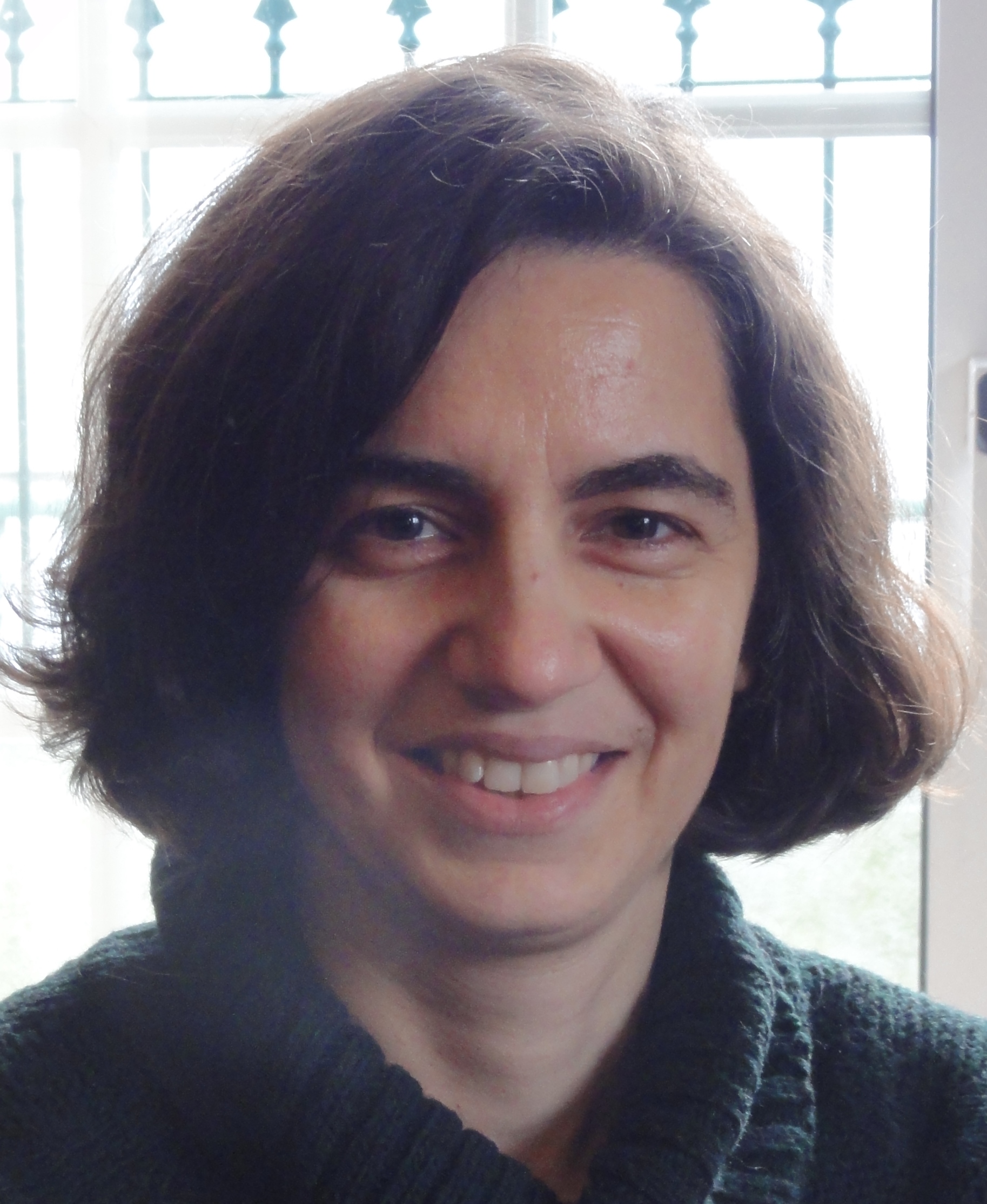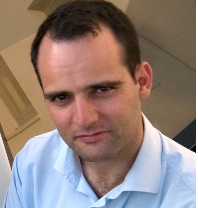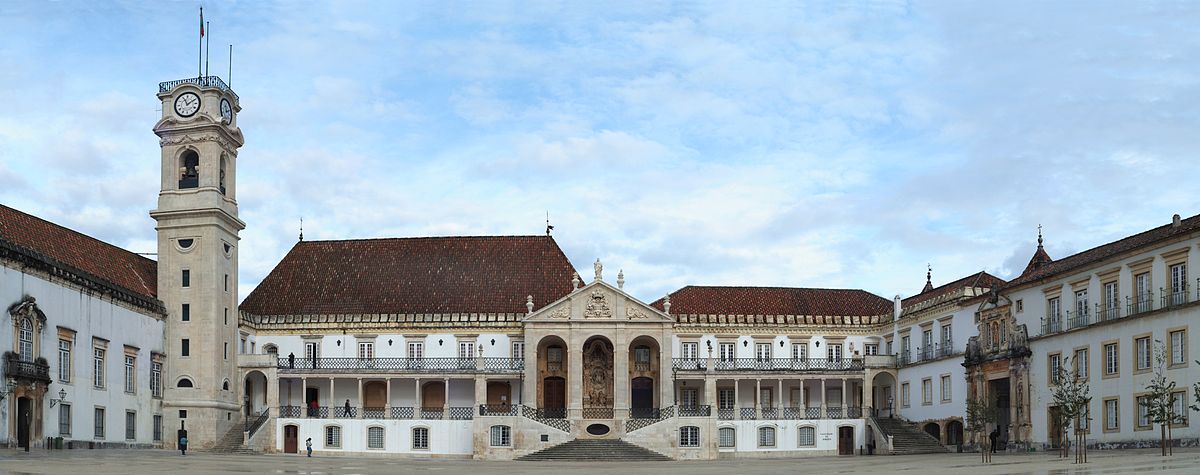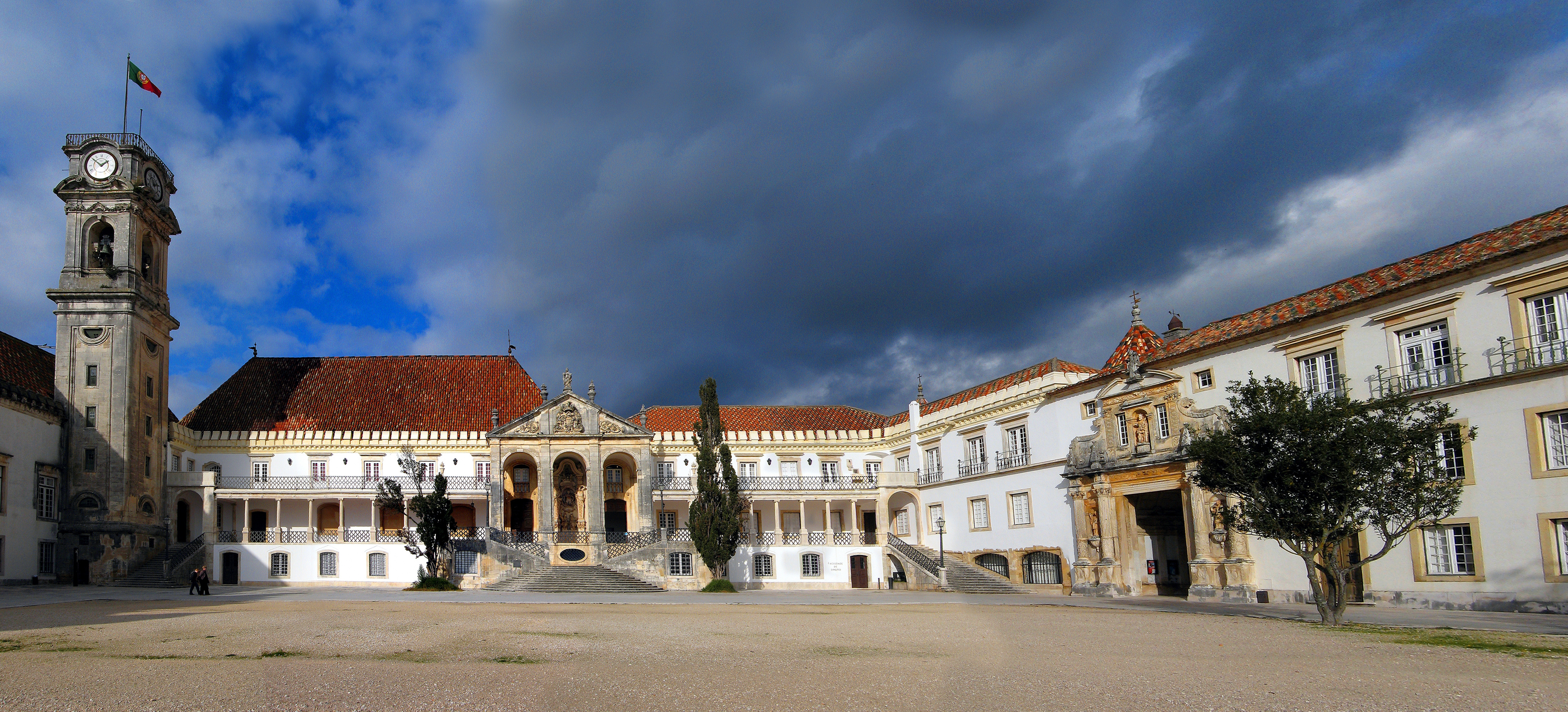Talk Title: The Role of Moving Things In Smart Environments
Abstract:
There has been a strong focus in more than 10 years on the development of vehicular network technology and mechanisms to build a reliable wireless mesh network to forward data packets in a multi-hop fashion between the vehicles and the Internet. However, vehicular networks can go much beyond cars: boats, drones (aerial and aquatic), trains, bicycles, and others. Moreover, the type of use cases that can be provided if all the moving elements can be connected is enormous, and go from self-driving and autonomous cars, to environmental monitoring in aquaculture, and rescue scenarios in remote areas.
This talk describes how moving networks can build new approaches for smart environments and how they can be used in distinct scenarios, to provide new applications for both citizens and industry in a myriad of areas.
About the Speaker

Susana Sargento (https://www.linkedin.com/in/susana-sargento-43242413/, https://www.it.pt/Members/Index/501) is a Full Professor in the University of Aveiro and a senior researcher in the Institute of Telecommunications, where she is leading the Network Architectures and Protocols (NAP) group (https://www.it.pt/Groups/Index/62). She received her PhD in 2003 in Electrical Engineering in the University of Aveiro (with a 7 months stay in Rice University in 2000 and 2001). She joined the Department of Computer Science of the University of Porto between 2002 and 2004, and she was a Guest Faculty of the Department of Electrical and Computer Engineering from Carnegie Mellon University, USA, in August 2008, where she performed Faculty Exchange in 2010/2011.
Since 2002 she has been leading many national and international projects, and worked closely with telecom operators and OEMs. She has been involved in several FP7 projects (4WARD, Euro-NF, C-Cast, WIP, Daidalos, C-Mobile), EU Coordinated Support Action 2012-316296 "FUTURE-CITIES", EU Horizon 2020 5GinFire, national projects, and CMU-Portugal projects (S2MovingCity, DRIVE-IN with the Carnegie Melon University). She has been TPC-Chair and organized several international conferences and workshops, such as ACM MobiCom, IEEE Globecom and IEEE ICC. She has also been a reviewer of numerous international conferences and journals, such as IEEE Wireless Communications, IEEE Networks, IEEE Communications.
In March 2012, Susana has co-founded a vehicular networking company, Veniam (www.veniam.com), a spin-off of the Universities of Aveiro and Porto, which builds a seamless low-cost vehicle-based internet infrastructure. Susana is the winner of the 2016 EU Prize for Women Innovators (http://ec.europa.eu/research/innovation-union/index_en.cfm?section=women-innovators).
Susana is also de co-coordinator of the national initiative of digital competences in the research axis (INCoDe.2030, http://www.incode2030.gov.pt/), belongs to the evaluation committee of the Fundo200M (www.200m.pt) government co-investment and funding), and she is the Scientific Director of CMU-Portugal Programme (http://www.cmuportugal.org/). Her main research interests are in the areas of self-organized networks, in ad-hoc and vehicular network mechanisms and protocols, such as routing, mobility, security and delay-tolerant mechanisms, resource management, and content distribution networks. She regularly acts as an Expert for European Research Programmes.
< ----------------------------------------------------------------- >
Talk Title: Internet of Bodies (IoB) and the impact in Health 4.0.
Abstract:
Considering the technical aspects, it seems that the Internet of Bodies (IoB) is not more than an extension of Internet of Things (IoT), connecting bodies with the internet. But they became quite distinct if we join in the same sentence the words, human body, safety and security. For this reason it is natural to feel fear after imagine our body as a part of a pervasive network exposed to potential tech bugs and hackers control. Despite this natural feeling, the potential benefits to our health justifies to take IoB seriously.
It is a fact that we are living more years, but more is not synonymous of better if we do not preserve quality of life. That is why all the technology that can help living longer with quality are welcome even if it has risks associated.
The considerable improvements in digital health and medtech in the last years (enabled by new sensors, high performance computing, artificial intelligence algorithms, big data, among others), are offering the possibility to have better diagnostics and treatments, and as a consequence a life expectancy improvement. Nevertheless, to fully explore these enablers, it still missing a crucial step: a better connection between the human body and the systems. The Internet of Bodies approach could be this missing part.
Despite it seems a future evidence, IoB approach opens a new type of legal, safety and security issues. In the next years we will assist to a tension between three different views, the pressure to have better health solutions, the available technology that can be used immediately, and the legal/ethical and security issues.
The presentation will have five different parts: 1) Presentation of the three generations of IoB; 2) How the IoB applications could contribute to the Health 4.0 concept, supporting the ageing process?; 3) What are the applications available now and what can we expect in the future?; 4) What are the enabling technologies behind IoB?; 5) What are the main roadblocks in the IoB innovation pathway?
About the Speaker

António Lindo da Cunha has a strong experience driving Innovation and R&D contracts, and leading technology transfer processes between research organisations and the business sector, for Health and Active and Healthy Ageing, creating tangible economic and social value to the organisations involved, especially for SMES.
He is Executive Director of the Automatics Lab of Instituto Pedro Nunes (IPN) and member of the board of Caritas Diocesana de Coimbra. In the last years he coordinated different initiatives related with Telemedicine, Hospital@home, Home-Care and Care-Home. He is member of the Ageing@Coimbra coordination group (European Reference Site for Active and Healthy Ageing, EIP AHA), IPN representative in EIT Health (Knowledge and Innovation Communities) initiative, and was member of the board and research director of the Critical Move S.A. a spin-off from IPN and Critical group. He is the coordinator of the “Technologies to Support the Quality of Life” innovation platform for Smart Specialization Strategy implementation (RIS3) in Portugal Centro Region.





